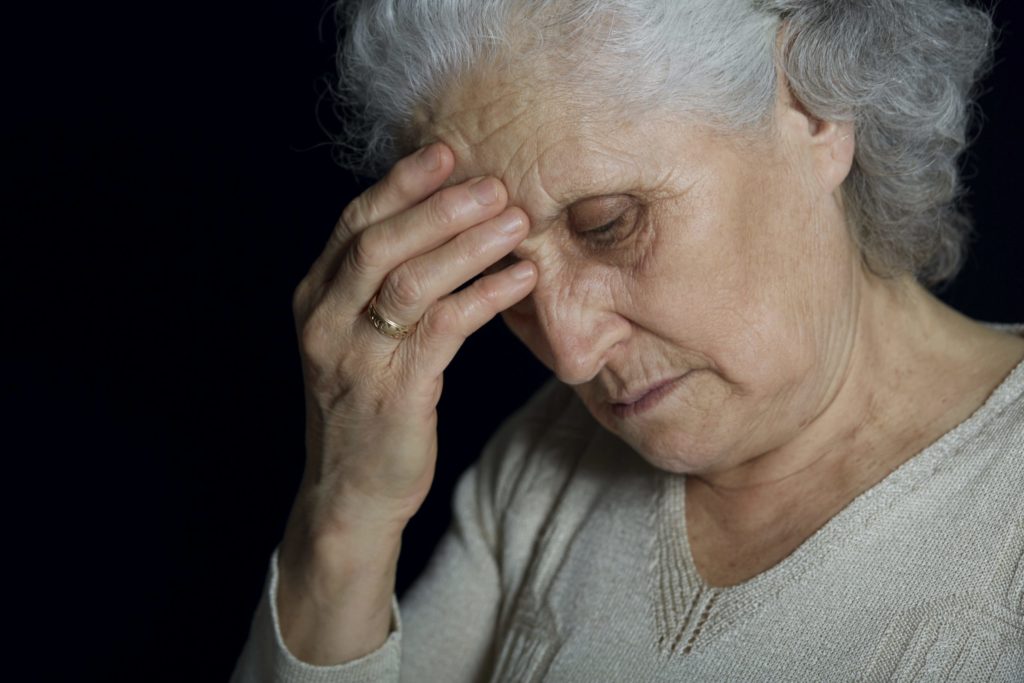As the baby boomer generation reaches old age, their drug problems are staying with them, with substance abuse among the elderly becoming an increasingly common concern. When it comes to seniors, the focus is typically on alcohol, prescription drugs, caffeine and nicotine, missing the deceptively common problems with illicit drugs like cocaine, heroin and marijuana. With more elderly patients being taken to emergency rooms because of illicit drug use, it’s time we start re-evaluating our expectations of seniors and our elderly relatives.
How Common Is Drug Abuse in the Elderly?
Although research in this area is limited, studies looking at ER visits provide some idea of the scope of the problem. One study from 2008 looked at almost a million ER visits related to illicit drug use and found that under 1 percent—around 6,000—were adults over 65. A similar study—looking at elderly patients brought to a level one trauma center—found that of about 1,300 patients over 65 brought in, 48 percent tested positive for drugs. Data from 2010 (again taken from ER studies) suggests that 60 percent of illicit drug users were between the ages of 50 and 55, and just 1.5 percent were 75 or older. Of elderly drug users, cocaine is the most commonly used substance (by 50 percent to 60 percent of users), followed by heroin (a quarter of users) and marijuana (a fifth of users). The 2013 National Survey on Drug Use and Health also provides data on substance abuse among the elderly. For adults aged 50 to 64, the rate of current (at least once in the past month) illicit drug use rose from 2.7 percent to 6 percent from 2002 to 2013, with the highest rates within this age group being among those aged 50 to 54, of whom 7.9 percent were classed as current illicit drug users, up from 3.4 percent in 2002. For 55- to 59-year-olds, the rates rose from 1.9 to 5.7 percent from 2002 to 2013, and for 60- to 64-year-olds, the rates went from 1.1 percent in 2003/2004 up to 3.9 percent in 2013.
Late Onset vs. Early Onset Drug Use
Elderly drug users are either classed as late or early onset users — people who’ve either brought their youthful habits with them into old age or developed a new problem in old age. For early onset users, it can be thought of as a problem that’s never been rectified, often related to continued availability of substances and psychological issues. Late-onset elderly drug users are those who never had a problem in their younger years—or at least who didn’t continue using throughout their lives—but developed one later down the line. There are many potential reasons for this. Elderly adults are more likely to struggle with painful medical conditions, have to deal with the loss of loved ones and increasingly have to cope with loneliness and social isolation. In addition, problems with money can worsen the situation, and psychological support is often nonexistent. In other words, being a senior isn’t easy, and many turn to drugs as a result.
Problems With Spotting an Elderly Drug User
Potentially the worst thing about the situation for elderly drug users is that it isn’t as easy to identify when there’s a problem as it would be with a younger user. Like younger users, seniors often try to hide or explain any problems away, but the core difference is the complex array of medical conditions and issues that accompany old age. For example, problems with memory in old age are often expected, but the possibility of degenerative illness means that family members—and even professional physicians and psychologists—may miss what is really a sign of excessive drug or alcohol use. Similarly, problems with coordination, poor self-care, sleep patterns and many other common signs of drug abuse may also be mistaken for symptoms of other conditions. The problem isn’t easy to overcome, but the key piece of advice is to consider drug abuse as an option, rather than allowing pre-existing prejudices to cloud your decision-making. This is easier said than done: you might not want to think your aging parent is taking cocaine, abusing prescription meds or smoking pot, but if you allow these pre-conceptions to guide your thinking, you could be missing a real problem. As a relative, you may have to ask difficult questions, and as a physician or psychologist, you might have to ask for a urine sample, even if you’re not inclined to think it will come back positive for substances.
Risks for Elderly Drug Users and Finding Treatment
Drugs are dangerous for anybody, regardless of age, but for seniors there are additional risks. For example, the liver and kidneys of older adults don’t work as effectively as those of younger adults (preventing processing and clearance of substances), and problems with mental functioning can make delirium more likely than with younger drug users. The positive news is that for the elderly, even though there are unique considerations, treatment for addiction works in much the same way. In many cases, dealing with the problem will mean addressing psychological health issues as well as helping individuals cope with bereavement, stress and loneliness more effectively.

